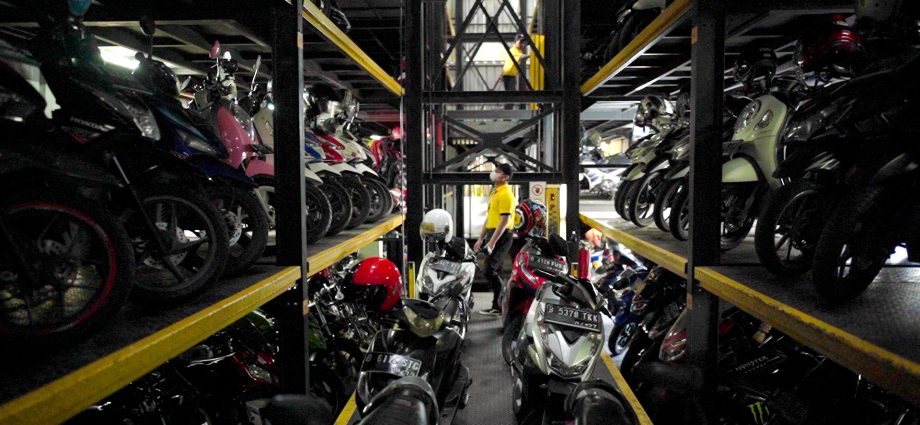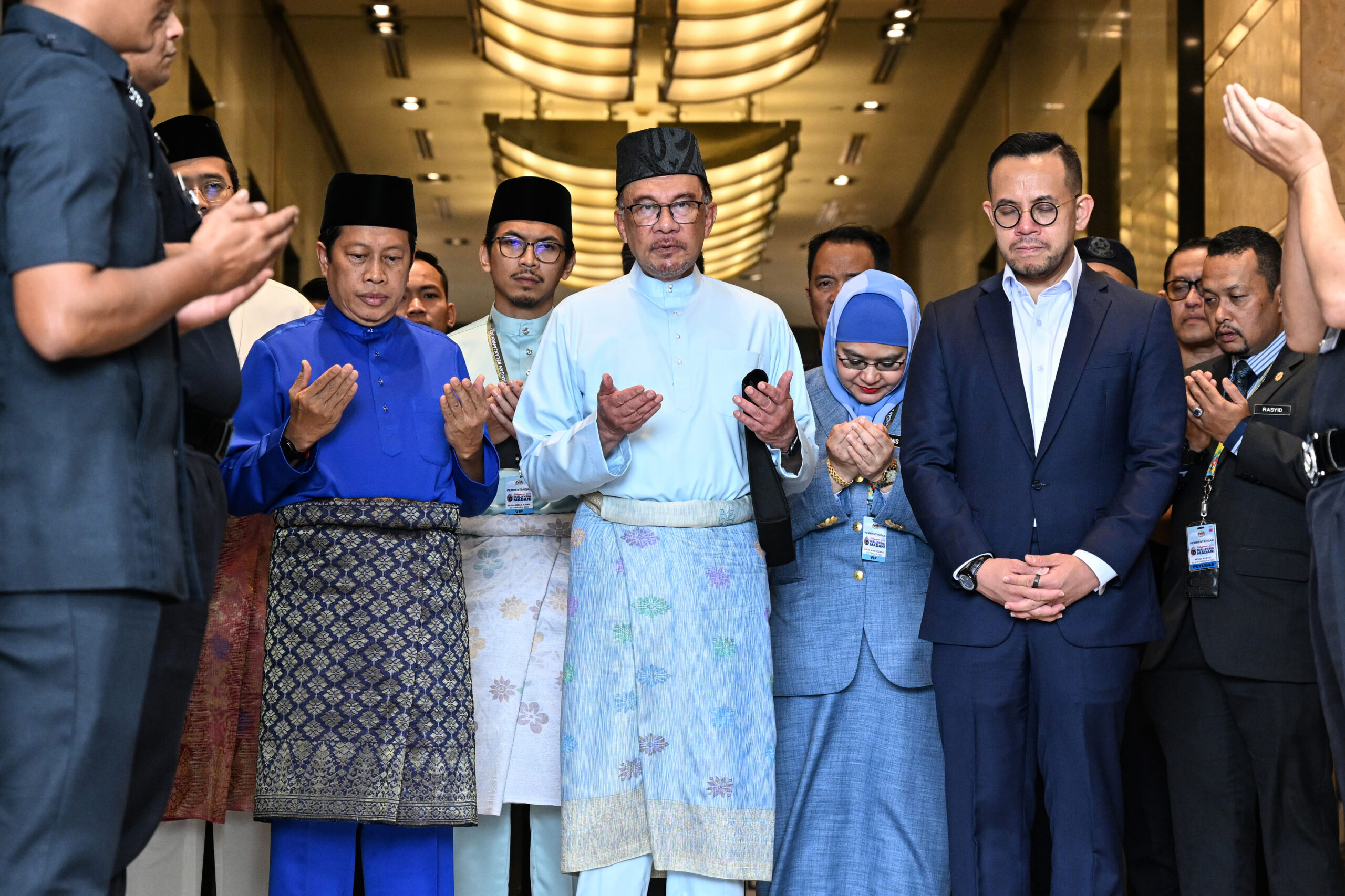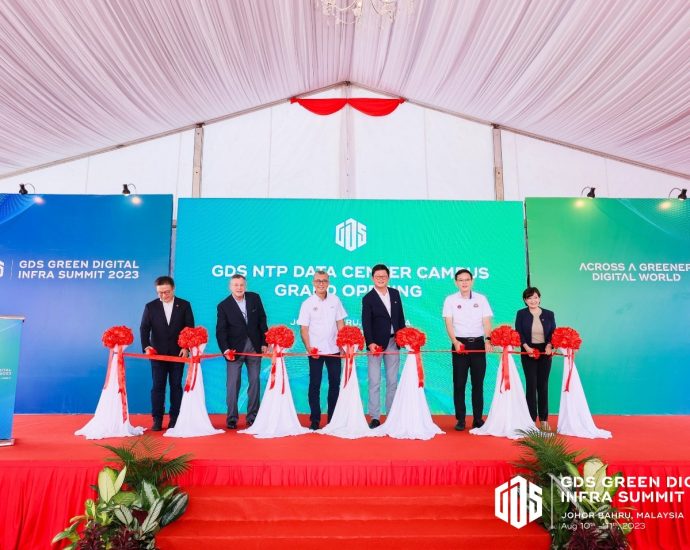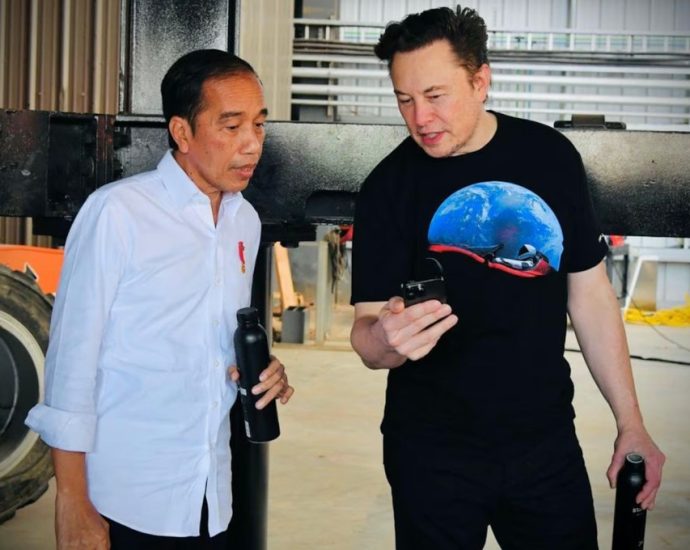Soul Parking revenue skyrockets 100x, emerges as key player in Indonesia’s EV chargingÂ
AC Ventures, a pioneer investor in Soul Parking
Aims to tap into Indonesia’s growing EV revolution
Soul Parking, Indonesia’s tech-enabled pioneer in innovative parking solutions announced a 100x growth in its topline revenue over the past three years.
In a statement, the startup said this growth underscores its dominance in Indonesia’s urban mobility sector,…Continue Reading

























